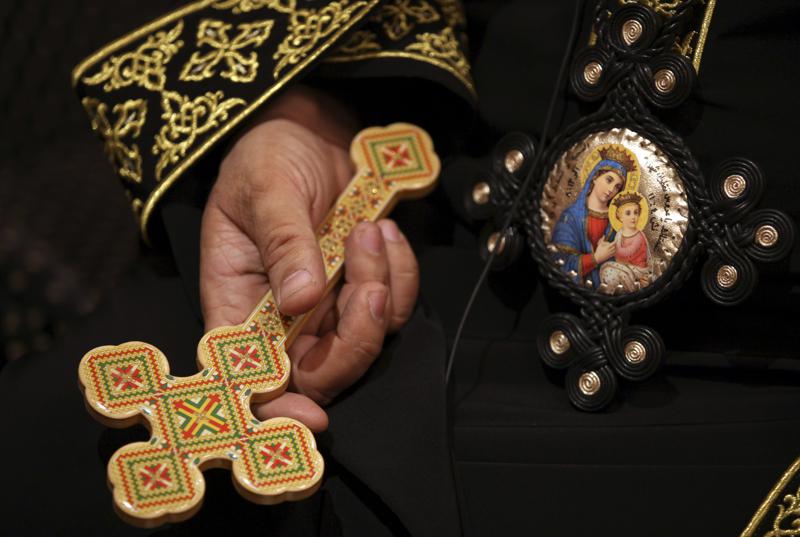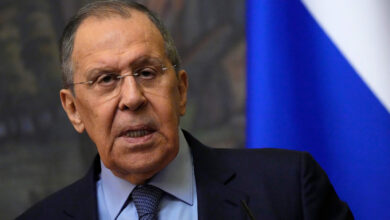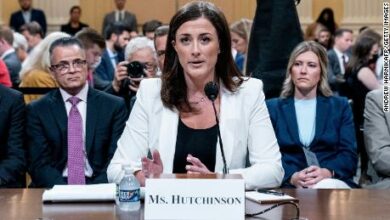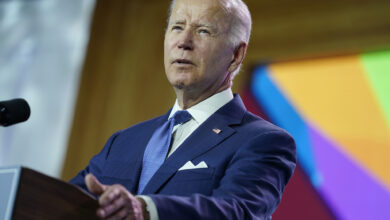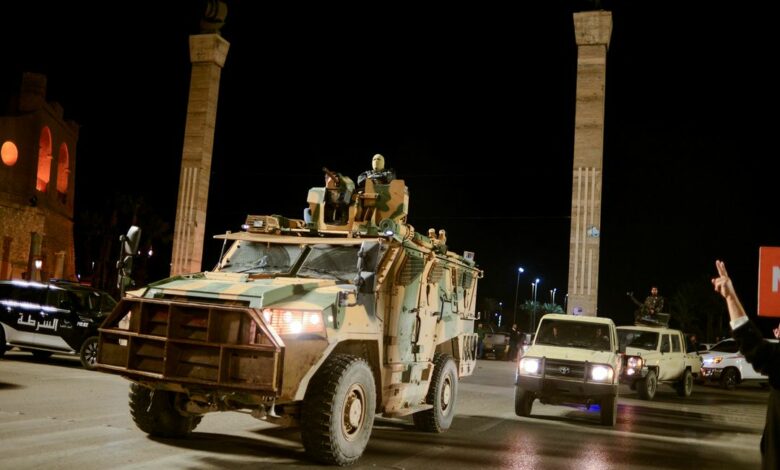
(Reuters) – The U.N. Secretary-General’s special adviser to Libya on Sunday called on both Libya’s interim prime minister Abdulhamid al-Dbeibah and his parliament-designated successor Fathi Bashagha to preserve calm and stability.
Dbeibah, prime minister of the U.N.-recognised Government of National Unity (GNU), has said he will hand over power only after an election and has rejected parliament’s move last Thursday to appoint former interior minister Bashagha to head a new government.
Libya was meant to hold presidential and parliamentary elections in December, but arguments between factions and bodies of state over how they should take place meant the process collapsed days before the vote.
U.N. adviser Stephanie Williams held separate meetings with Dbeibah and Bashagha.
Williams said on Twitter she highlighted in her meeting with Bashagha “the need to go forward in an inclusive, transparent, and consensual manner, and to maintain stability in Tripoli and throughout the country.”
She added that the focus must continue to be on the holding of “free, fair and inclusive national elections in the shortest possible time.”
Dbeibah emphasised during his meeting with Williams the need to complete the roadmap approved in Geneva, GNU’s Facebook page said.
All parties are responsible for creating “the appropriate conditions for holding national elections and holding a referendum on the constitution during this year,” Dbeibah said.
For his part, Bashagha said his meeting with Williams touched on efforts to form the proposed government “in a transparent and fair manner.”
He also stressed “his keenness on the stability of the security situation and committing to the constitutional frameworks and timelines set for holding the elections.”

